Iran, Russia FMs to discuss key mutual, regional issues in Moscow
Iranian Foreign Minister Hossein Amir-Abdollahian will visit Moscow and is expected to negotiate with his Russian counterpart Sergei Lavrov, according to Iran’s ambassador to Moscow.
In a tweet on Tuesday, Kazem Jalali said Moscow will host the Iranian foreign minister on Wednesday.
The top Iranian and Russian diplomats will pursue implementation of the agreements previously reached between the two countries’ presidents and hold talks about regional developments as well as the North-South Corridor, Jalali added.
Amir-Abdollahian said earlier that Tehran is moving “on the right track” to materialize a “balanced” and “dynamic” foreign policy approach in light of the latest breakthroughs in Iran’s foreign policy.
“I will soon meet with the Russian foreign minister in Moscow. The realization of the administration’s balanced foreign policy and dynamic diplomacy is on the right track,” Amir-Abdollahian tweeted on Monday.
Iran’s current administration, led by President Ebrahim Raeisi, is pursuing a policy of mending rifts and boosting relations with neighboring, regional and trans-regional states.
Russian Foreign Ministry spokesperson Maria Zakharova also said on March 23 that during Amir-Abdollahian’s working visit to Moscow, the Iranian and Russian foreign ministers will continue to exchange opinions on relevant international matters, including the situation surrounding the 2015 nuclear deal, formally known as the Joint Comprehensive Plan of Action (JCPOA), developments in Syria, Afghanistan, and the South Caucasus, and Caspian problems.
“They will address the improvement of the situation in the Middle Eastern region in light of the declared restoration of [diplomatic] relations between Iran and Saudi Arabia,” she added.
Earlier this month, Iran and Saudi Arabia agreed to resume their diplomatic relations and reopen their embassies and diplomatic missions after seven years of estrangement. China mediated the rapprochement between the two Middle Eastern powers.
In a joint statement, Tehran and Riyadh highlighted the need to respect each others’ national sovereignty and refrain from interfering in the internal affairs of one another.
They agreed to implement a security cooperation agreement signed in April 2001 and another accord reached in May 1998 to boost economic, commercial, investment, technical, scientific, cultural, sports, and youth affairs cooperation.
'Next to impossible' to rescue patients from Gaza's Kamal Adwan Hospital: Director
VIDEO | Vietnam current prosperity
Report blames gasoil exports for shortage at Iranian power plants
VIDEO | Hind Rajab Foundation names Israeli war criminals vacationing after Gaza genocide
VIDEO | Australians rally for Gaza ahead of Christmas festivities
VIDEO | Attacks on Sana'a
Iran reports further drop in annual inflation rate in December
Israel indicts two settlers over suspected spying for Hezbollah


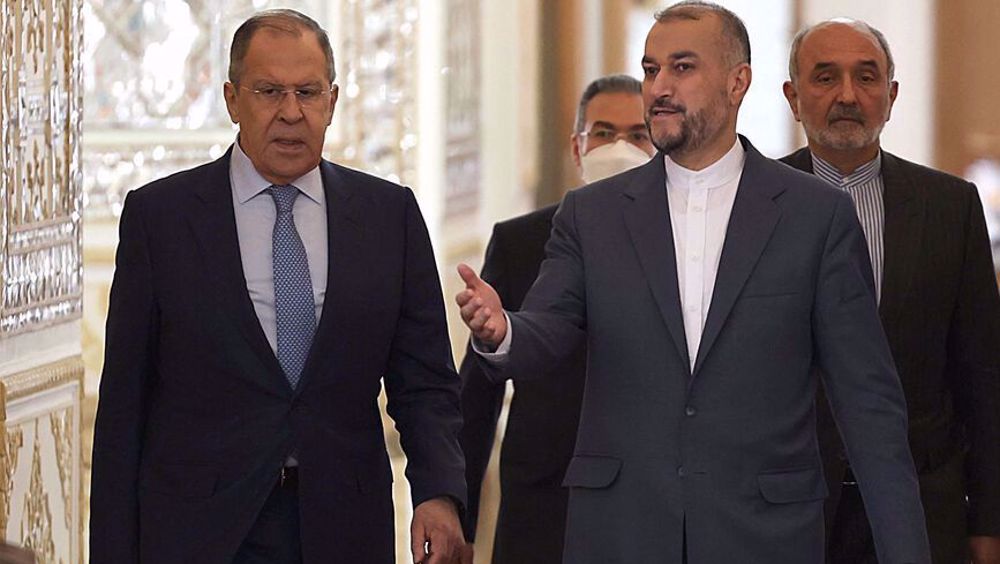
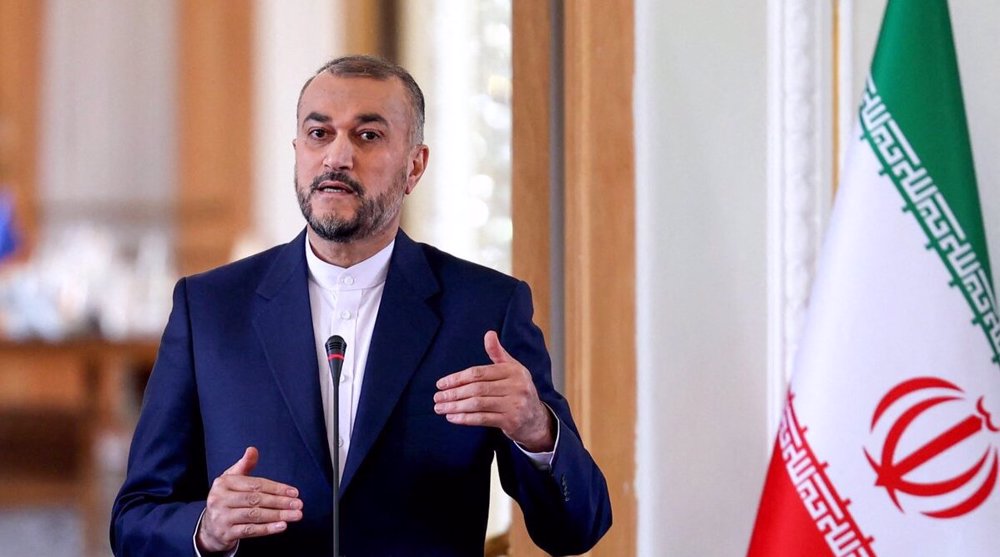
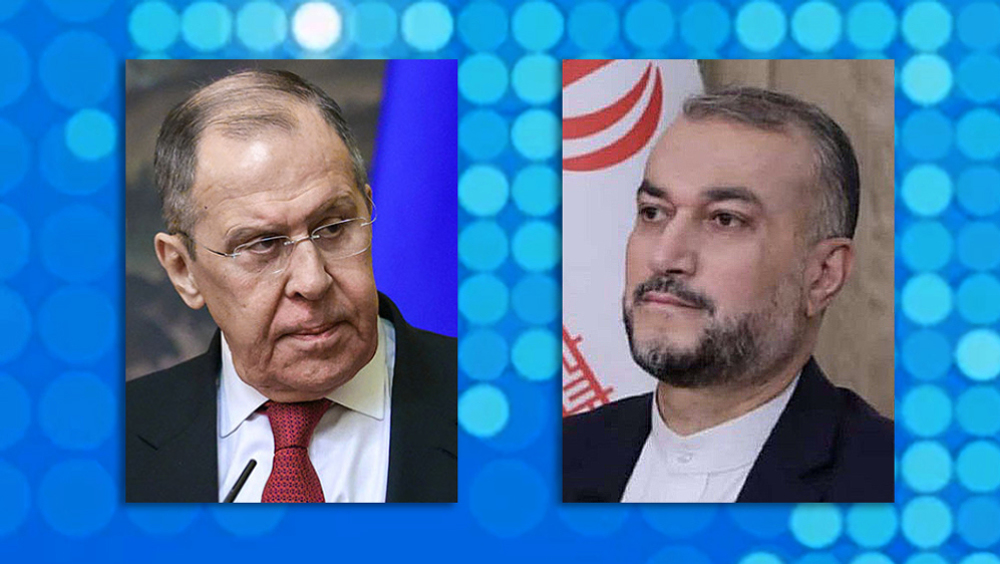






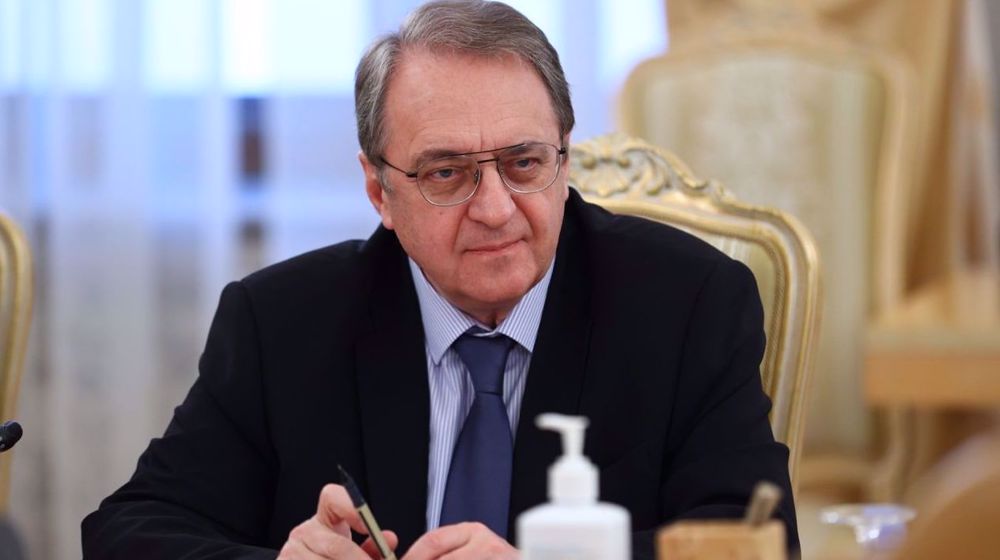
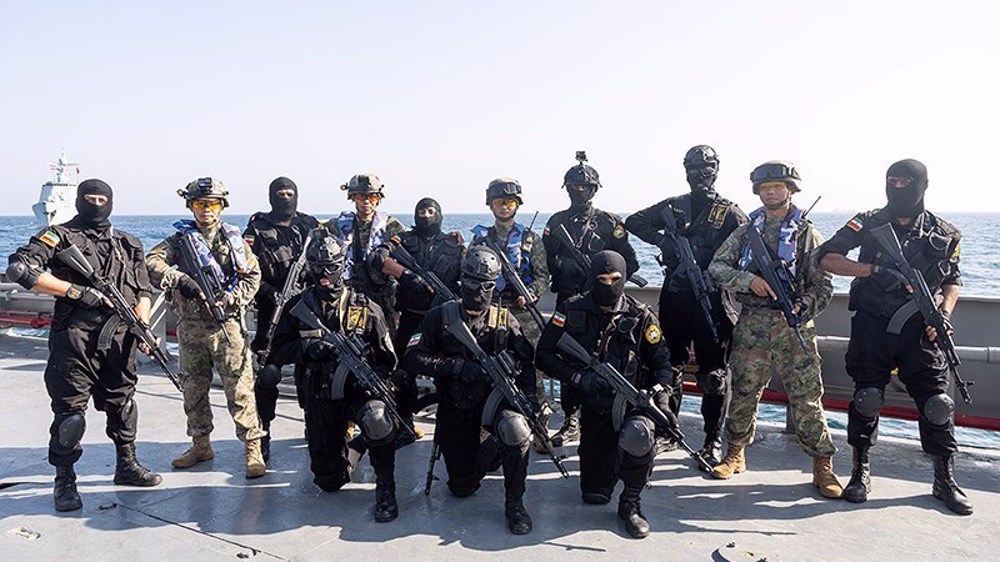

 This makes it easy to access the Press TV website
This makes it easy to access the Press TV website